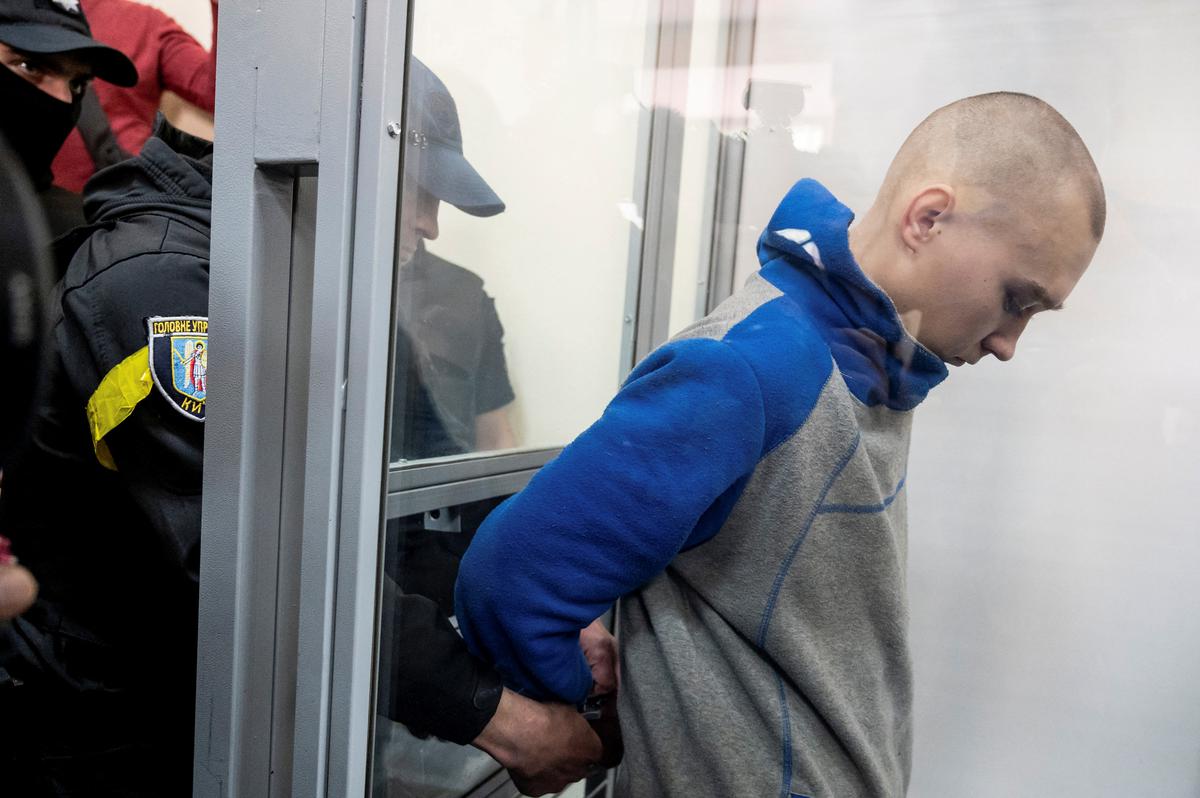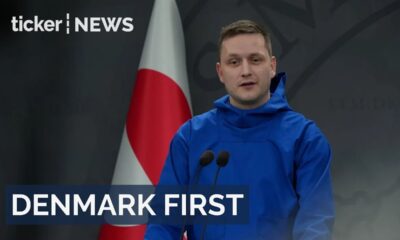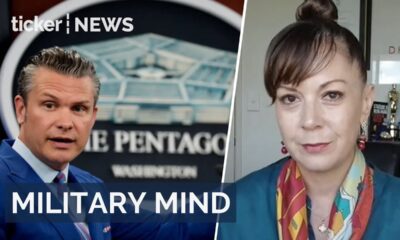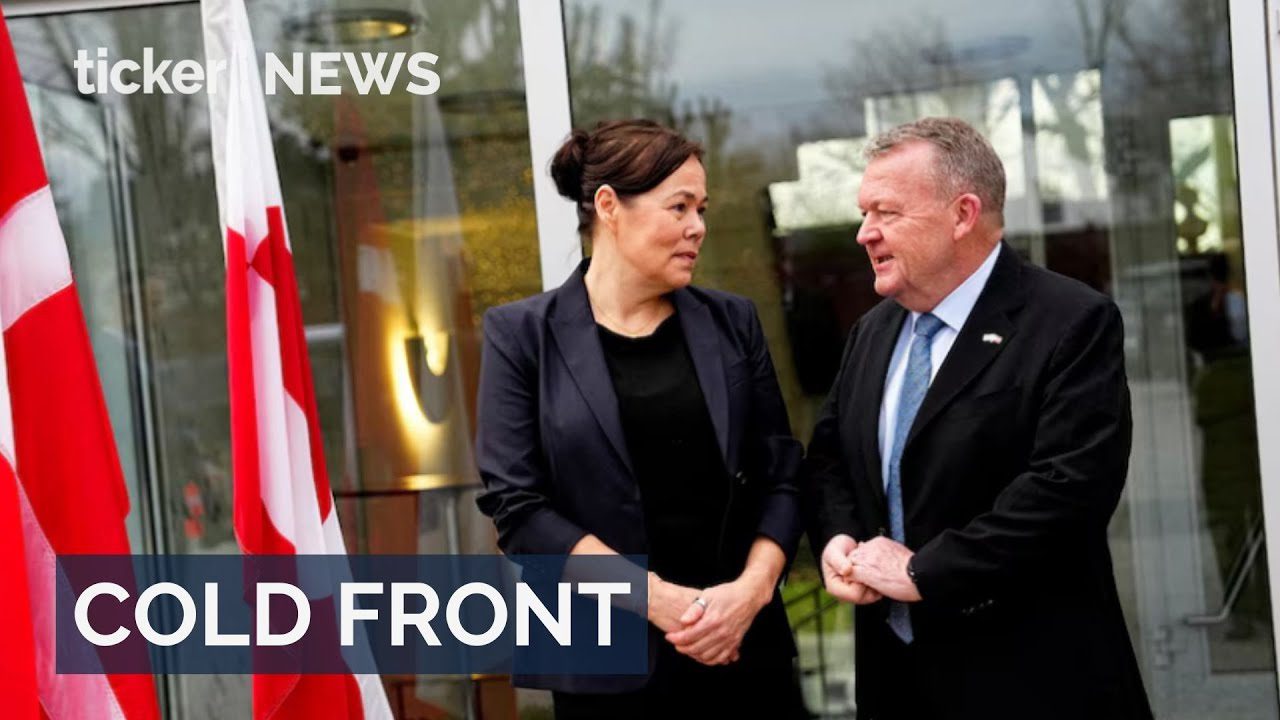News
Russian soldier pleads guilty to killing civilian in Ukraine war crimes trial

News
Australia shuts millions of teen social media accounts
Australia’s social media ban leads to 4.7 million teen account closures, prompting debate over online safety and freedom.
News
Iran protests and the global fight for freedom
Protests in Iran escalate as citizens demand women’s rights; Rabbi Cooper discusses global solidarity and advocacy efforts.
News
Greenland and Denmark signal security divide with the United States
Greenland, Denmark assert Arctic island not for sale, emphasizing cooperation with the US on their own terms.
-



 Ticker Views4 days ago
Ticker Views4 days agoWhy Greenland matters in a multipolar world
-



 Crypto5 days ago
Crypto5 days agoCrypto climbs amid U.S. weakness and Iranian crisis
-



 Ticker Views5 days ago
Ticker Views5 days agoU.S. pushes Latin American dominance
-



 News4 days ago
News4 days agoGreenland says “No” to U.S. takeover — Chooses Denmark in geopolitical showdown
-



 Ticker Views4 days ago
Ticker Views4 days agoPentagon’s AI gamble: Is Grok safe for defense?
-



 News3 days ago
News3 days agoIran protests and the global fight for freedom
-



 Money3 days ago
Money3 days agoU.S. budget deficit falls to $1.67 trillion
-



 Leaders2 days ago
Leaders2 days agoSendle’s closure impacts Australia’s small business logistics






